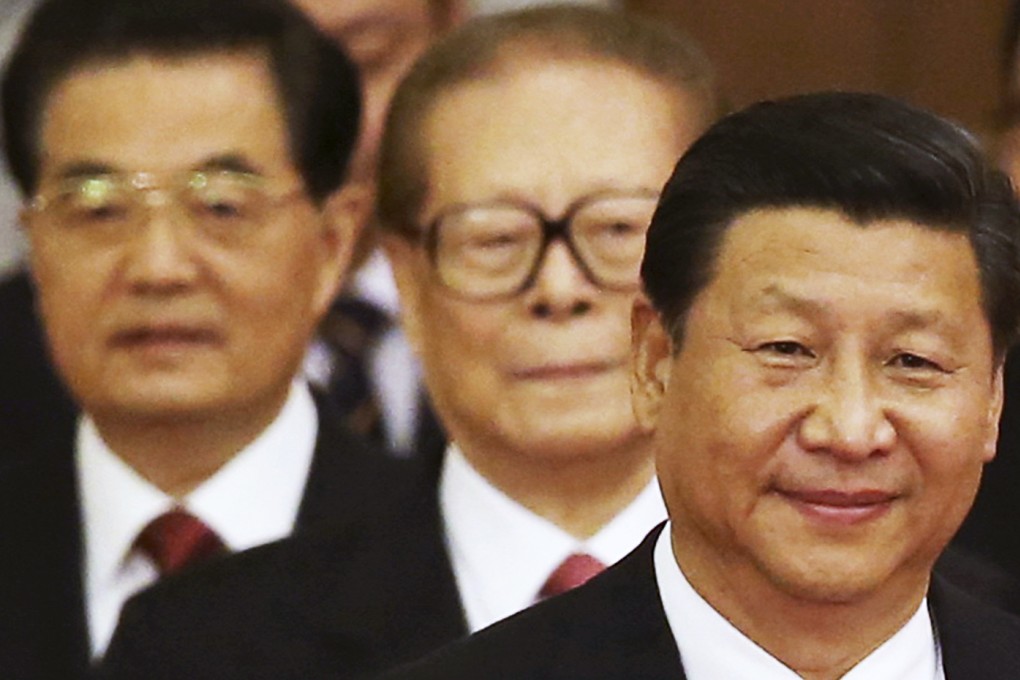Stop meddling in politics: Chinese President Xi Jinping's coded message to Jiang Zemin
That's the message analysts believe has been sent to the retired leader by recent state media articles

With People's Daily, it's all about reading between the lines and this week some China watchers are seeing a pointed message in the Communist Party mouthpiece aimed at former president Jiang Zemin.
A commentary on Monday lambasted unnamed "retired leaders" for clinging to power and causing rifts within the party. It was followed yesterday by an article on the website of the overseas edition chronicling how late paramount leader Deng Xiaoping and his archrival Chen Yun worked together to establish a retirement system for party leaders.
There was no mention, though, of the "old men" era of politics of the 1980s and 1990s when the so-called Eight Elders held on to the reins of power long after their official retirement.
As ever, context is everything, with the articles being published as leaders are believed to be meeting at an informal summit at the seaside resort of Beidaihe to make important national decisions.
Several analysts said the articles were a sign of how much President Xi Jinping wanted Jiang, who retired from his last top job in 2004, to stay out of politics.
Bo Zhiyue, professor of political science at Victoria University of Wellington, said the message was plain.
"Clearly, Xi used People's Daily to send a message to Jiang to stop meddling in politics," Bo said.